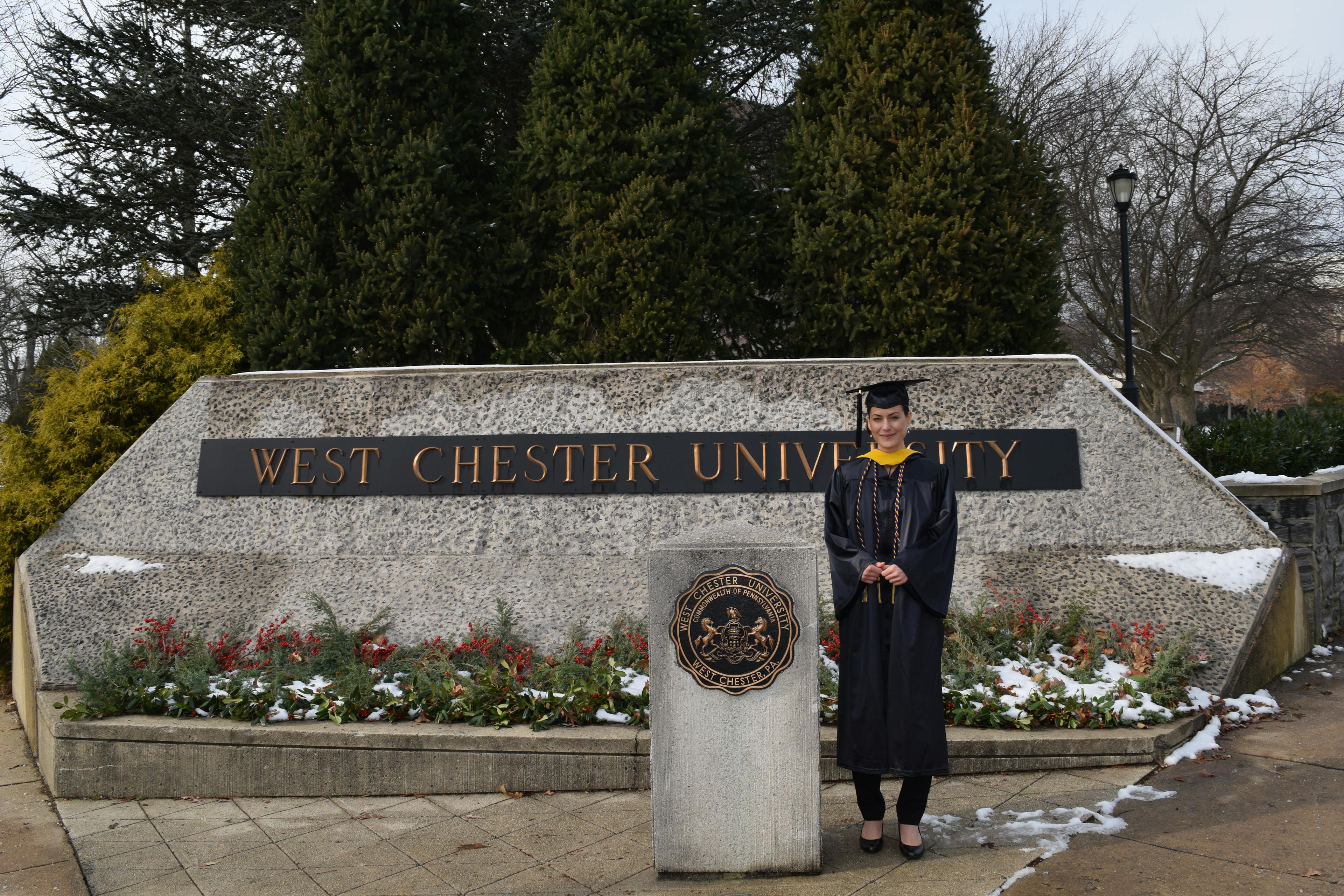
April is recognized as National Fair Housing Month—a time to reflect on the ideals of fairness and equal access to housing. At the time this blog post was written in 2025, federally, there are seven protected classes under the Fair Housing Act (US Dept. of HUD: https://www.hud.gov/helping-americans/fair-housing-act-overview): race, color, national origin, religion, sex (including gender identity and sexual orientation), familial status, and disability.
In Pennsylvania, the Pennsylvania Human Relations Act (PHRA) extends protections even further, covering up to 12 classes, including (PA Dept of Community & Economic Development Fair Housing In PA: https://dced.pa.gov/housing-and-development/fair-housing/):
One area that may deserve more exploration is age. Under current Pennsylvania law, individuals under the age of 40 may not be protected from housing discrimination based solely on age. This raises an interesting question:
Should adults aged 18 and older be protected under state law in the same way those 40 and older are?
Especially when it comes to housing access for college students and young renters, this question might become even more relevant.
Municipalities such as West Chester Borough—home to West Chester University—enforce policies like student rental permitting. While such policies may be intended to maintain neighborhood balance or control density, they might also create certain unintended consequences that disproportionately affect student renters and the broader rental market.
For example:
Of course, not all municipalities enforce these policies in the same way, and not all students experience housing insecurity. But in some markets, the cumulative effect may be driving up costs while limiting options for both tenants and property owners.
While much of the national conversation around student loan debt focuses on tuition, it may be worth considering how rising housing costs—especially in college towns—may also be contributing to the student debt burden. In municipalities with restricted student housing options or limited permit availability, rental prices for student-eligible properties can become inflated due to high demand and constrained supply.
When landlords are able to charge a premium for properties with student rental permits, it’s possible that students are absorbing those higher costs—often with financial aid, federal student loans or private student loans. In these scenarios, students aren’t just borrowing to pay for books and classes; they may also be borrowing to afford rent that’s been elevated by municipal regulation or market distortion.
This pattern could be one of several factors that contribute to the ongoing student loan crisis:
While more data is needed to draw direct correlations, it’s worth examining whether housing policies that limit student access to rentals are inadvertently encouraging greater reliance on debt—and whether that reliance might be quietly exacerbating the student loan crisis.
Lawmakers in Pennsylvania have proposed pieces of legislation that may help to address some of these housing challenges for students.
View Memo →
Introduced by Rep. Susan Helm (R-104), HB 809 proposed limiting the authority of local governments to prohibit the occupation of a dwelling by students or unrelated individuals. The bill suggests that:
Helm noted that municipalities may have valid concerns about health, safety, or quality of life—but targeting individuals based on their student status or relationship structure may not be the most equitable solution.
This proposal might offer a more consistent, statewide approach to housing policy while still allowing municipalities to address legitimate issues through neutral standards.
View Memo →
Introduced by Rep. Joe Ciresi (D-146), HB 121 aims to support student renters by requiring:
The idea here is that when students are equipped with practical knowledge, they may be more prepared to identify unsafe housing conditions or unfair treatment. If implemented effectively, this could contribute to better outcomes for both student renters and landlords.
From a broader perspective, policies that limit who can live where—based on age, student status, and/or family structure—may deserve deeper scrutiny. Students are often legal adults, yet they may encounter barriers to housing access that older adults do not.
Likewise, property owners who wish to rent to students might face unique restrictions that affect the value or use of their real estate. In some cases, this could alter market dynamics in ways that might not benefit renters, landlords, or long-term residents.
Perhaps there’s room for policy adjustments that better balance community interests with individual rights and economic opportunity.
A Question of Perspective: Applying the Fair Housing Lens
Consider this: if you were to say the statement listed below:
And into that blank you inserted any one of the other federally protected classes—race, color, national origin, religion, sex (including gender identity and sexual orientation), familial status, or disability—it would likely be immediately recognized as a discriminatory housing practice.
When a municipality or a landlord places restrictions specifically targeting "students", it's worth reflecting on whether this practice, while perhaps not directly analogous to discrimination based on those protected characteristics, similarly limits housing access for a specific group of adults based on their status. Viewing the policy through the lens of the Fair Housing Act's fundamental principles of equal access might lead to a different perspective on policies like student rental permitting.
National Fair Housing Month gives us an opportunity to reflect on what fair access really means. Some questions worth asking:
These issues may not have simple answers. But asking the questions, encouraging dialogue, and supporting thoughtful legislation might be a good place to start.
• https://www.tragorealty.com/#subscribe
This blog post is intended as an opinion piece and does not constitute legal advice. Readers are encouraged to explore the resources of the Department of Housing and Urban Development ("HUD") and Pennsylvania Human Relations Commission, speak with a real estate and/or housing attorney, or contact your local elected officials for further guidance on tenant rights and housing regulations.